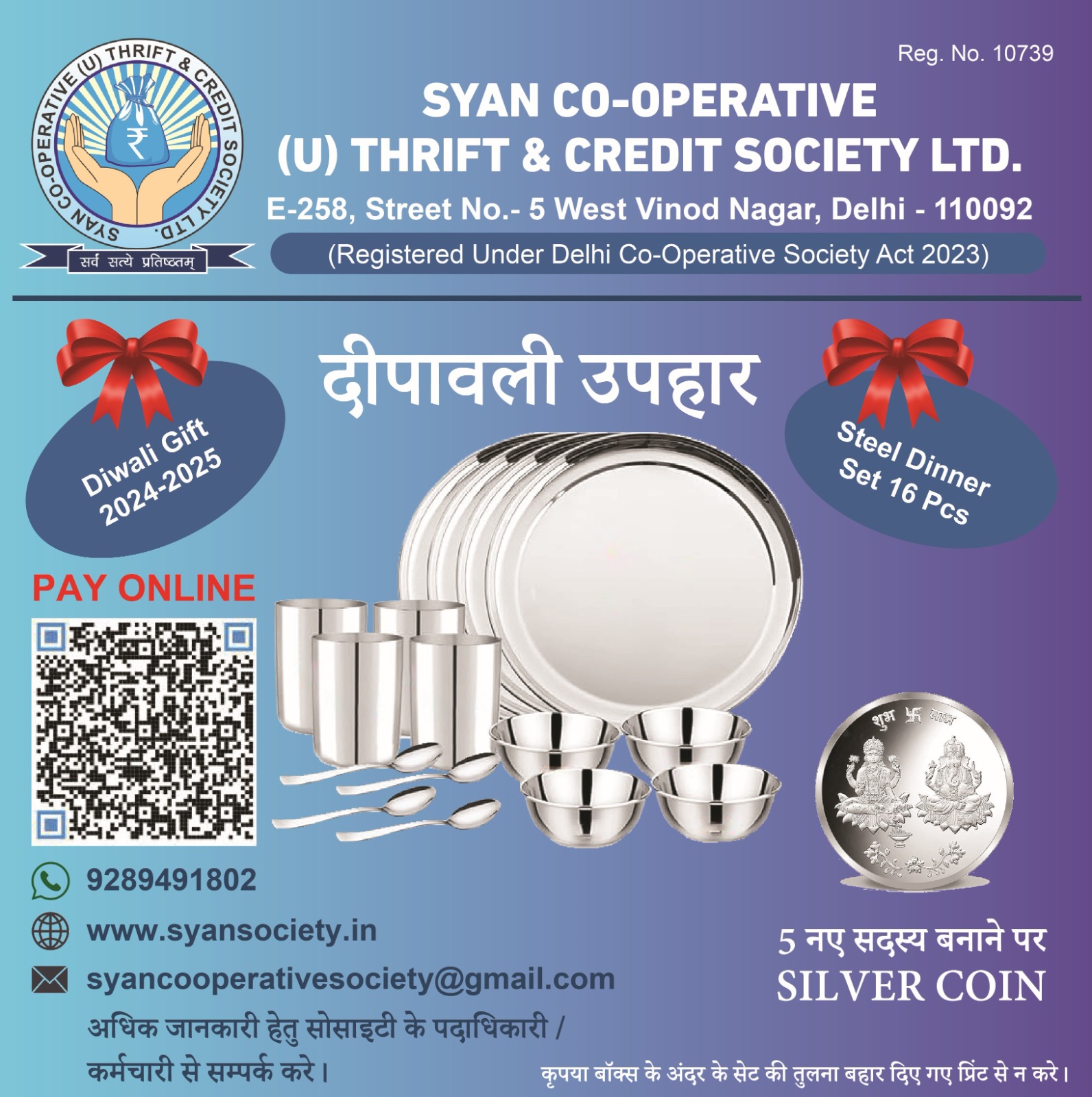Details:
Key Features of Fixed Deposits:
Fixed Tenure:
- Fixed deposits have a predetermined tenure, which can range from a few weeks to several years. Common tenures include 6 months, 1 year, 2 years, and up to 10 years.
Interest Rate:
- The interest rate for fixed deposits is usually higher than regular savings accounts. The rate is fixed for the entire tenure, providing certainty regarding the returns on investment. Interest rates may vary depending on the bank, tenure, and the amount deposited.
Minimum Deposit Amount:
- Banks typically set a minimum deposit amount for opening an FD, which can range from a few thousand to several lakhs, depending on the institution’s policies.
Interest Payment Options:
- Interest on fixed deposits can be paid out in various ways:
- Cumulative: The interest is compounded and added to the principal, and the total amount is paid at maturity.
- Non-Cumulative: Interest is paid out at regular intervals (monthly, quarterly, half-yearly, or annually) to the depositor.
Premature Withdrawal:
- Fixed deposits usually have penalties for premature withdrawal. If you withdraw the funds before the maturity date, you may incur a penalty, and the interest rate may be reduced to a lower rate.
Loan Against FD:
- Many banks allow you to take a loan against your fixed deposit. This can provide access to funds without breaking the FD.
Renewal Options:
- Upon maturity, fixed deposits can often be renewed for a similar or different tenure. Some banks offer automatic renewal options.
Tax Implications:
- Interest earned on fixed deposits is subject to tax. In many countries, if the total interest earned exceeds a specified limit in a financial year, the bank will deduct Tax Deducted at Source (TDS).
Types of Fixed Deposits:
Regular Fixed Deposit:
- The standard FD option available for individuals, where a lump sum is deposited for a fixed tenure at a predetermined interest rate.
Tax-Saving Fixed Deposit:
- These deposits offer tax benefits under certain sections of the Income Tax Act (like Section 80C in India) and typically have a lock-in period of 5 years. The interest rate may be slightly higher compared to regular FDs.
Senior Citizen Fixed Deposit:
- Banks often offer higher interest rates on fixed deposits for senior citizens (typically above 60 years). This is a way to encourage saving among retirees.
NRE/NRO Fixed Deposits:
- Non-Resident External (NRE) and Non-Resident Ordinary (NRO) fixed deposits cater specifically to non-residents, allowing them to invest in Indian banks while enjoying certain tax benefits.
Recurring Deposit:
- While not a fixed deposit in the traditional sense, recurring deposits allow individuals to deposit a fixed amount regularly (monthly, for example) for a specified period, earning interest similar to fixed deposits.
Benefits of Fixed Deposits:
Safety and Security:
- Fixed deposits are considered low-risk investments. In many countries, deposits in banks are insured up to a certain limit, providing a safety net for depositors.
Guaranteed Returns:
- The fixed interest rate ensures that investors know exactly how much they will earn at the end of the tenure.
Flexibility:
- Fixed deposits offer various tenures and deposit amounts, allowing investors to choose according to their financial goals and liquidity needs.
Low Minimum Investment:
- Most banks offer fixed deposit options with low minimum deposit amounts, making it accessible for a wide range of investors.
Loan Facility:
- The option to avail of a loan against fixed deposits provides additional liquidity without having to liquidate the deposit.
Risks and Considerations:
Inflation Risk:
- The fixed interest rate may not keep pace with inflation, leading to a decrease in the purchasing power of the returns over time.
Liquidity Constraints:
- Fixed deposits are not as liquid as savings accounts. Withdrawing funds before maturity often incurs penalties and may not be possible in certain situations.
Taxation on Interest:
- Interest earned on fixed deposits is taxable, which can reduce the effective returns, especially for those in higher tax brackets.
Opportunity Cost:
- Money locked in a fixed deposit may miss out on potential higher returns from other investment options, such as equities or mutual funds.
Application Process:
Choose a Bank or Financial Institution:
- Research and compare interest rates, terms, and customer reviews across different banks and financial institutions.
Determine Deposit Amount and Tenure:
- Decide how much you want to invest and for how long based on your financial goals and needs.
Gather Required Documents:
- Common documents needed may include:
- Identity proof (e.g., Aadhaar card, passport)
- Address proof (e.g., utility bill, rental agreement)
- Income proof (if applicable)
- PAN card (for tax purposes in India)
Complete the Application:
- Fill out the fixed deposit application form at the bank or online, providing the necessary documents.
Deposit Funds:
- Make the initial deposit through various means, such as cash, cheque, or electronic transfer.
Receive Deposit Certificate:
- Upon successful application, you will receive a fixed deposit receipt or certificate, confirming the amount, tenure, and interest rate.
Conclusion:
Fixed deposits are an excellent option for conservative investors seeking safety and predictable returns. While they may not offer the highest returns compared to other investment avenues, their security and guaranteed income make them a vital part of a balanced investment portfolio. Understanding the features, benefits, and risks of fixed deposits can help you make informed decisions to achieve your financial goals.







